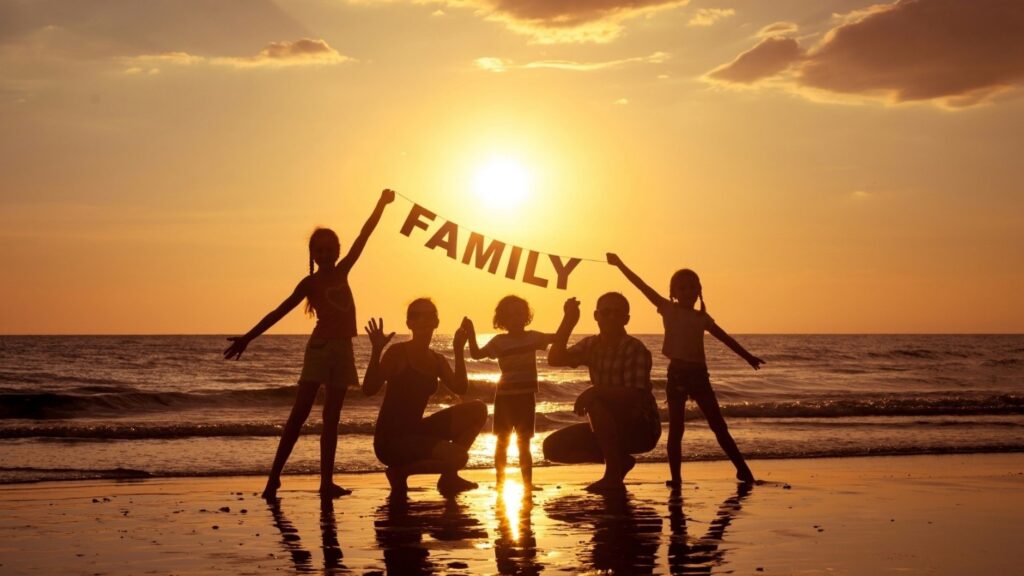The Violence Against Women Act (VAWA)?
Domestic violence has been and continues to be a global public health and policy concern. Thousands of people, if not more, fall victim to some form of domestic violence each year. Statistics show that women suffer disproportionately from acts of domestic violence compared to their male counterparts. The Violence Against Women Act is the United States government’s response to the domestic violence epidemic. Keep reading to learn everything you need to know about the Violence Against Women Act.
What is VAWA?
The Violence Against Women Act, or VAWA, was enacted and signed into law by President Bill Clinton in 1994. Throughout the ‘80s and early ‘90s, activists employed aggressive efforts urging policymakers to acknowledge and protect victims of domestic violence, and in particular spouses, children, and parents. VAWA expended $1.6 billion dollars towards the investigation and prosecution of violent crimes against qualified vulnerable persons and made available civil redress in situations where prosecution is not available. VAWA not only offers protections to United States citizens but to immigrant women and men as well.
Battered Spouse Waiver.
The Battered Spouse Waiver is a protection offered to immigrant women or men who have applied for marriage-based green cards. Federal immigration law requires a two-year conditional permanent resident status those who seek to receive a marriage-based green card. For the immigrant spouse to receive citizenship, the couple must stay together and meet various other requirements throughout the two-year period. The Battered Spouse Waiver allows women or men who are victims of domestic violence to file an application to remove the conditional status and leave an abusive and unsafe situation without compromising their immigration status.
VAWA Self-Petition.
Self-Petition under VAWA allows noncitizen victims of domestic violence petition for lawful permanent residency without the participation of an abusive partner. If a VAWA Self-Petition is approved, the applicant may receive work authorization and an approved noncitizen petition which will allow the noncitizen to apply for lawful permanent residency.
Eligibility for Self-Petition Under VAWA.
To be eligible to self-petition, a noncitizen must meet the following criteria:
- The noncitizen has been battered or subjected to extreme cruelty by a U.S.-citizen or lawful permanent resident spouse or parent.
- The noncitizen has demonstrated good moral character while in the United States.
- The noncitizen has maintained physical presence in the United States for 3 years.
- Removal of the noncitizen would cause extreme hardship.
- The noncitizen must also demonstrate that certain other inadmissibility grounds do not apply or that she qualifies for a waiver of inadmissibility.
Cancellation of Removal under VAWA.
Cancellation of Removal under VAWA is a protection for noncitizen victims of domestic violence that keeps victims from being deported. A noncitizen can seek a cancellation of removal if they have been placed in removal proceedings. An immigration lawyer will work on their clients’ behalf and if the cancellation of removal is successful, the noncitizen will receive lawful permanent residency status and their children may also receive a green card and be granted citizenship.
L. P. Taylor Law Wants to Help You.
- P. Taylor Law provides personalized legal representation that represents our clients’ immigration objectives. A Jersey City immigration lawyer will thoroughly evaluate your case and transparently communicate all of your legal options. Book a Free Initial Consultation by visiting www.lptaylorlaw.com and by selecting ‘Consult.’
Disclaimer: The material and information contained in this article are for informational purposes only. You should not rely on the material or information for making business, legal, tax, or any other decisions.




